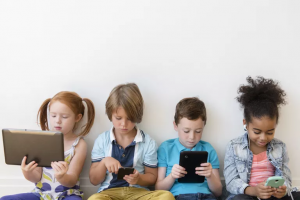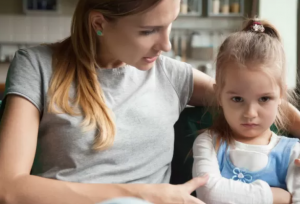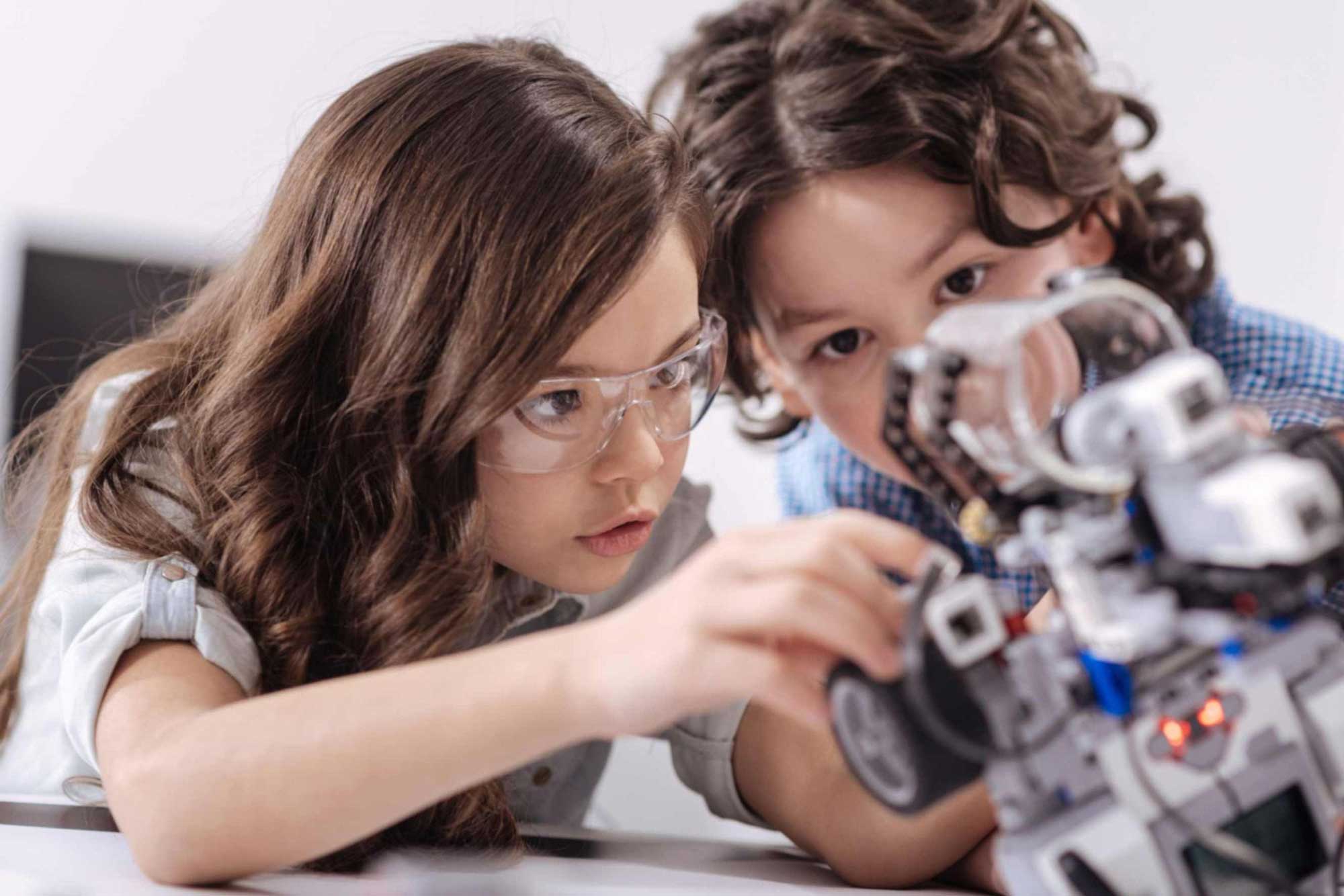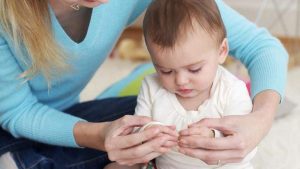
Psychologists have been interested in the influence of early musical training on executive functions, especially when musical training began during the “sensitive period”. The sensitive period is a time when children are sensitive to specific stimuli or interactions, this is similar to the critical period, however the distinction is that skills learned during the sensitive period can be learned later in life; such as musical training. Executive functions are defined as “a set of cognitive skills involved in goal-directed problem solving, including working memory, inhibitory control, and set shifting/flexibility.”
A study was conducted to determine executive functions’ association with musical training, and whether there was a sensitive period involved.Two experiments conducted: The first experiment had children who were musically trained and those who were not complete tasks, and the results of the first experiment showed that children who were musically trained had an advantage in attention and response inhibition, and working memory. The second experiment tested the difference between those who were musical trained from a young age and those who were musically trained at a later age, and the results for those who were musically trained earlier were conclusive with the first experiment, but those who were musically trained later did better in attention inhibition compared to those who are not musically trained.
This study highlighted the benefits of being musically trained at an early age, however it is never too late to learn a new skill and experience the benefits that come with it!
If you want to read more, click here!
Kaitlyn Vitucci
Research Assistant, UConn KIDS
:strip_icc()/boy-playing-with-puppy-on-steps-outdoors-142841587-580cfd673df78c2c7316c307.jpg)










